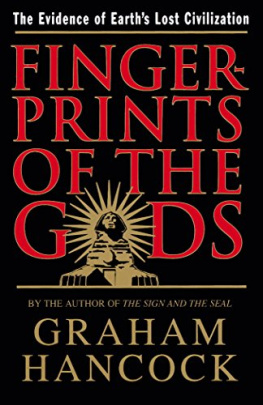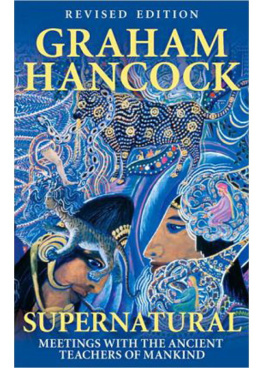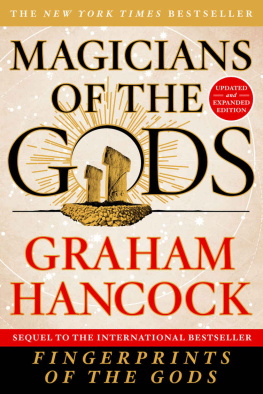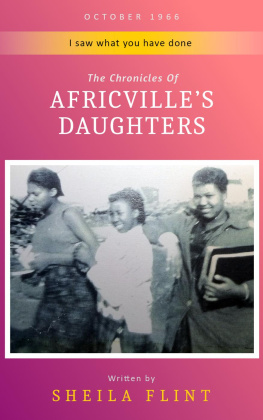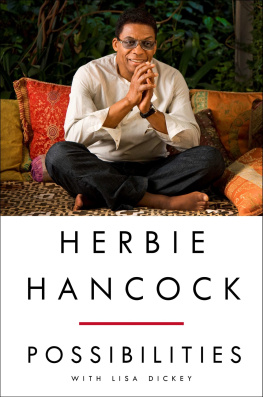Just Me
BY THE SAME AUTHOR
Ramblings of an Actress
The Two of Us
Just Me
SHEILA HANCOCK

First published in Great Britain 2008
Copyright Sheila Hancock
This electronic edition published 2009 by Bloomsbury Publishing Plc
The right of Sheila Hancock to be identified as the author of this work has been
asserted by her in accordance with the Copyright, Designs and Patents Act 1988
All rights reserved. You may not copy, distribute, transmit, reproduce or
otherwise make available this publication (or any part of it) in any form, or by any
means (including without limitation electronic, digital, optical, mechanical,
photocopying, printing, recording or otherwise), without the prior written
permission of the publisher. Any person who does any unauthorised act in relation
to this publication may be liable to criminal prosecution and civil claims for damages.
Bloomsbury Publishing Plc, 36 Soho Square, London W1D 3QY
A CIP catalogue record for this book is available from the British Library
ISBN 978-1-4088-0159-8
www.bloomsbury.com/sheilahancock
Visit www.bloomsbury.com to find out more about our authors and their books.
You will find extracts, authors interviews, author events and you can sign up for newsletters to be the first to hear about our latest releases and special offers.
With profound thanks to my editor Victoria Millar,
whose patience, diligence and friendship were invaluable.
Contents
Try to praise the mutilated world.
Remember June's long days,
and wild strawberries, drops of wine, the dew.
The nettles that methodically overgrow
the abandoned homesteads of exiles.
You must praise the mutilated world.
You watched the stylish yachts and ships;
one of them had a long trip ahead of it,
while salty oblivion awaited others.
You've seen the refugees heading nowhere,
you've heard the executioners sing joyfully.
You should praise the mutilated world.
Remember the moments when we were together
in a white room and the curtain fluttered.
Return in thought to the concert where music flared.
You gathered acorns in the park in autumn
and leaves eddied over the earth's scars.
Praise the mutilated world
and the grey feather a thrush lost,
and the gentle light that strays and vanishes
and returns.
'Try to Praise the Mutilated World'
by Adam Zagajewski
PROLOGUE
Saignon
I OPEN THE SHUTTERS, expecting sun, but there is a dense mist shrouding the view. I get back into the Phwah bed, so called because my husband deemed it the most comfortable bed in the world, and that was the noise he made as he sank into it, luxuriating, beaming.
But now, I am sitting in it alone.
I love this room. It is like being in the clouds or under the sea, with its sky-blue walls and white, translucent, wafting curtains. It was nearly like being in an inkpot when my daughter Joanna and I first applied the blue ochre, but a day sponging white on top, before John saw the disaster, turned it into a triumph of interior dcor.
So, here I am, in this room, on this bed, writing this, sipping my tea and watching the landscape reveal itself as the rising sun melts the haze. It is like that big scene in a panto. From my principal-boy days, I seem to remember it was called the revelation scene. No transformation scene.
That's it.
Transformation.
There's a word that 'speaks to my condition' as we Quakers say. In panto, it is all done with dry ice and gauzes that slowly fly out revealing a jewelled cave, or Cinders in her ball gown, in a coach drawn by defecating ponies. Or a country scena, an ill-painted version of this. I half-expect Snow White to enter and sing a song about being lost and frightened. But no, there is no sound of an audience coughing its disapproval of the smog drifting, as it always does, over the front of the stalls. There is only the din of frogs, giggling and whoroping, as they do whatever it is that frogs do here in the spring. There are distant bells. The dogs across the valley greet each other and wake a frantic woodpecker and the bird that sounds like a telephone.
The bosky tang of fir and rosemary prickles my nostrils. Later, in the summer, the sweet, soft, lavender smell will take its place. But now it is this smell. Only this place, at this time of day, at this time of year, with this mist, has this smell. It has to be savoured now, this moment.
Now.
I am here now. The old sixties mantra.
The scene unfolds. Gradually, the lime tree in the foreground is lit from behind, so that its opening leaves shine fresh green, and crystals sparkle on the twigs. It is the first season since its partner in the garden was felled and it seems to be adjusting well.
The sun has really got into its stride now. Next the forest is illuminated, then finally the horizon, the backdrop, the spectacular mountains of the Ventoux and the Luberon and the vast, arching, blue sky.
Now the sun is streaming through the window, so I strip off, and run through some basic yoga poses, my naked body sapping up the warmth. I feel lithe and healthy, despite the sagging flesh, which, as no one can see it but me, is not a worry. The framework beneath still functions.
For which I am truly grateful.
As I am for many things. Just being here, for one. People have died, and, back in London, even now, a friend is in the painful process of making her exit.
Whereas, I am dressed and off to Saignon for breakfast.
Settled with my bowl of hot chocolate and warm almond croissant and my notebook, I drink in the sun on my face and the view of the sturdy no etched as it is by the morning light and shadows, majestic, Romanesque village church.
I marvel that just over a year ago I could not sit here without tears streaming down my face. I had to stop coming. This place, so potent to our relationship, both when my husband was alive and because of a note he had written that I discovered after his death, became anathema to me. So what has happened to change all that? To allow me to sit here with a smile on my face?
Alone. Content.
Even, I venture to say, happy. Now, this moment, anyway. Sanguine about what may come next and my ability to cope with it.
Whatever.
Your body was a temple to Delight;
Cold are its ashes whence the breath is fled,
Yet here one time your spirit was wont to move;
Here might I hope to find you day or night,
And here I come to look for you, my love,
Even now, foolishly, knowing you are dead.
From 'As to some lovely temple, tenantless'
by Edna St Vincent Millay
1
Provence
COPING AND HAPPY I was not, when, early in 2004, I arrived at our house in Provence. I had escaped after a disastrous Christmas, suffering from a deep depression. As was the weather. Alone, lugging my case, I wallowed through mud, down the track to the house. Scythed by a Mistral and drenched by the rain, I battled to open the heavy shutters.
Inside, the house was bleak. I struggled to light the wood stove a job John had always done and discovered the gas canisters for the oven had run out. Starving after the long drive through France, and desperate for something hot to eat, I went and got a new one from the garage. Carrying it through the garden nearly crippled me.
That night in the Phwah bed I tossed and turned in its vastness, kept awake by the aching absence, combined with the worrying presence of loirs scampering in the roof. These are pretty pests that eat through wires and beams and have to be got rid of. Not a task I relished. The house seemed to be conspiring to make me even more aware of how inadequate I was without John. Two years after his death. I felt feeble and stupid and utterly miserable.
Next page

